According to Eric Burkhart, a professor of agroforestry at Penn State University, the project aimed to document the variety of wild mushrooms in the region and understand the motivations behind foraging. "We wanted to better understand the extent and specifics of the practice in the region, which had not been formally studied," Burkhart said. "Our goal was to provide a comprehensive understanding of the wild mushroom resources available in the mid-Atlantic region."
The project, which was led by Burkhart and a doctoral student, involved extensive fieldwork and research over a period of several years. The researchers worked closely with local foragers, who shared their knowledge and expertise on mushroom identification, habitat, and harvesting techniques. The team collected and documented 160 species of wild mushrooms, including edible species such as morels, chanterelles, and oyster mushrooms.
The collection of wild mushrooms has significant implications for the field of medicine, as many species have been found to have potential health benefits. For example, some species of mushrooms have been shown to have antiviral and antibacterial properties, while others have been found to have anti-inflammatory and antioxidant effects. "The discovery of new species of mushrooms with potential health benefits is a significant finding, and one that could lead to the development of new medicines," said Dr. Sarah Taylor, a mycologist at the University of Pennsylvania.
In addition to their potential health benefits, wild mushrooms are also highly valued for their culinary and artistic qualities. Many species are prized for their unique flavors and textures, and are highly sought after by chefs and food enthusiasts. The art of mushroom foraging is also a popular hobby, with many enthusiasts seeking out rare and exotic species to add to their collections.
The project has also shed light on the cultural and historical significance of mushroom foraging in the region. According to Burkhart, mushroom foraging has been a long-standing tradition in the mid-Atlantic region, with many families passing down their knowledge and techniques from generation to generation. "Mushroom foraging is not just a hobby or a source of food, but also a way of connecting with nature and with our cultural heritage," Burkhart said.
The researchers plan to continue their work on wild mushroom foraging, with a focus on documenting and preserving the knowledge and techniques of local foragers. They also hope to use their findings to promote sustainable and responsible foraging practices, and to raise awareness about the importance of preserving wild mushroom habitats.
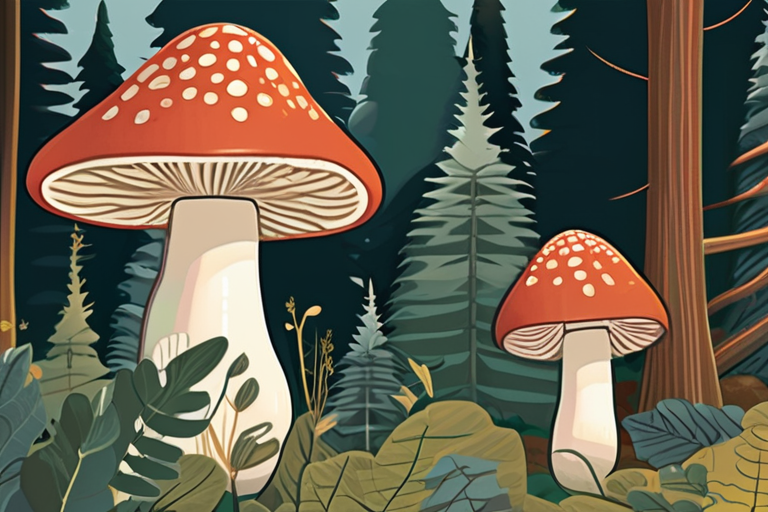


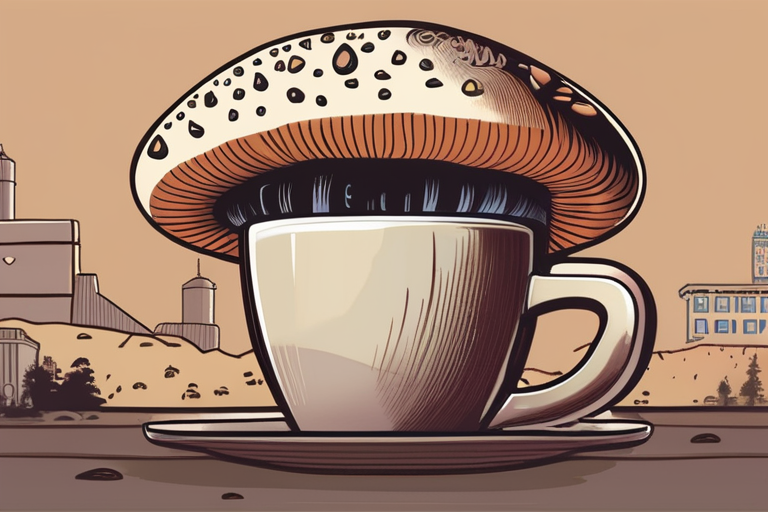
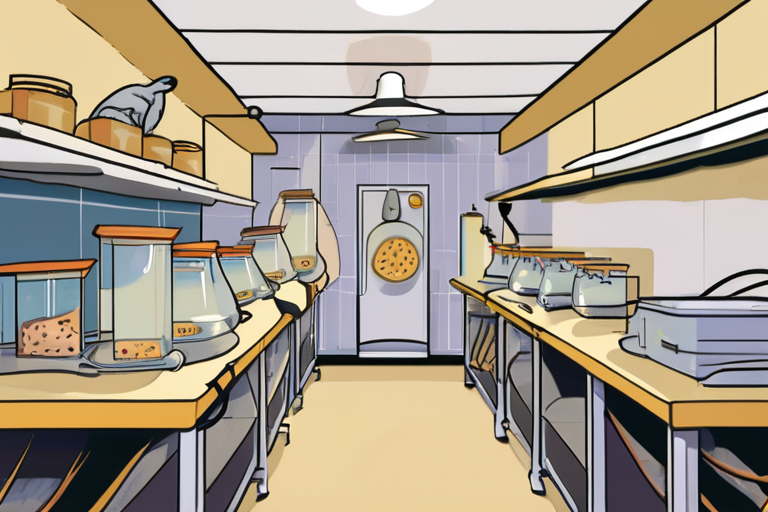
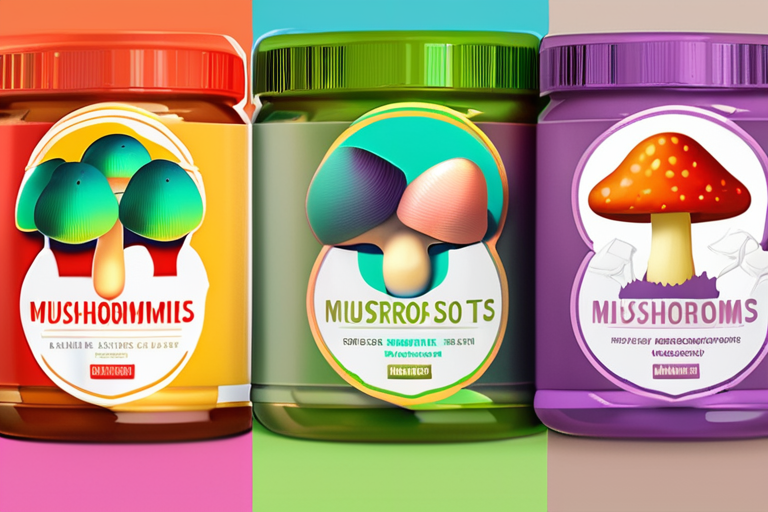
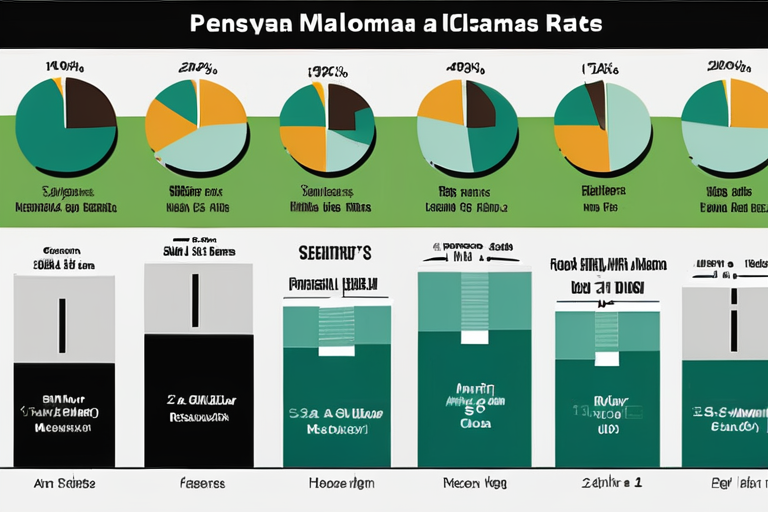
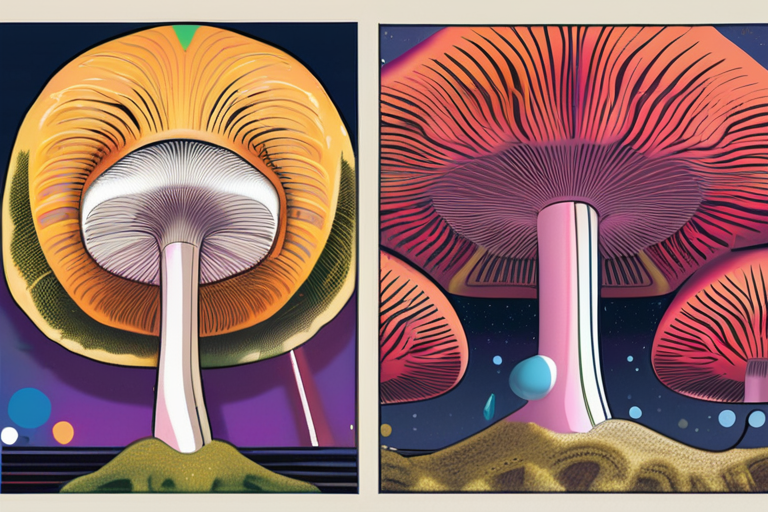
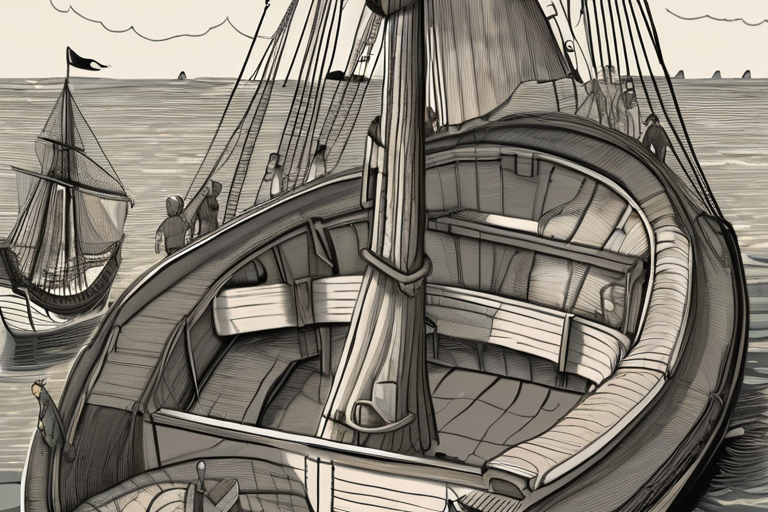

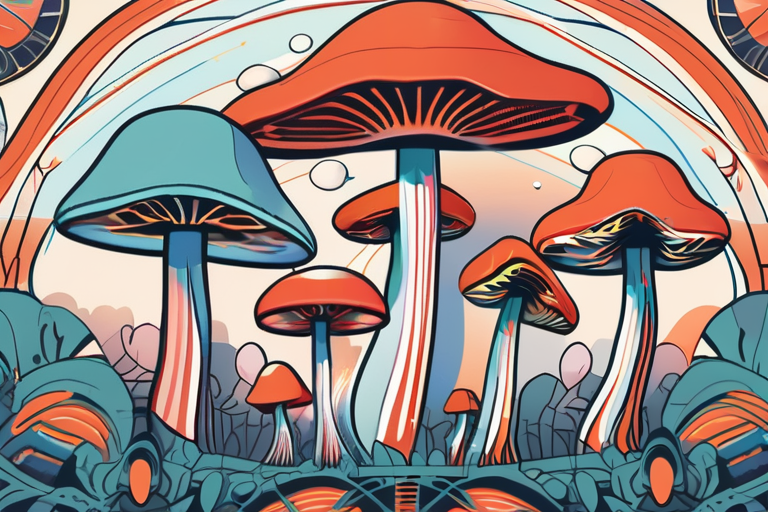
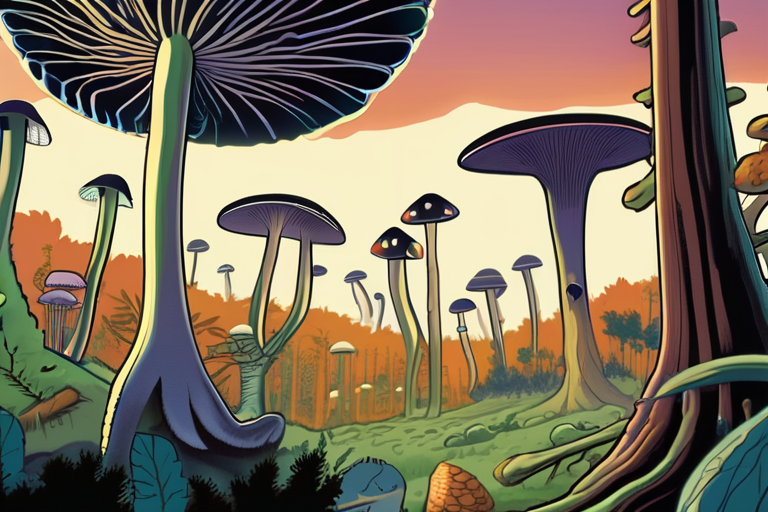

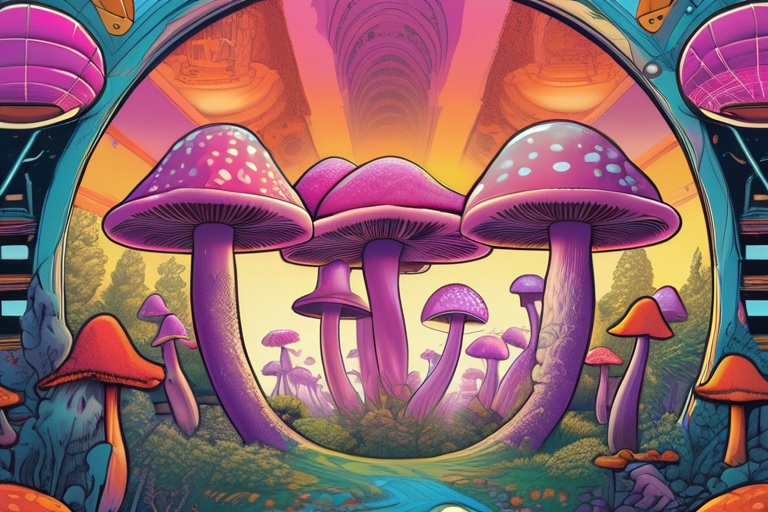
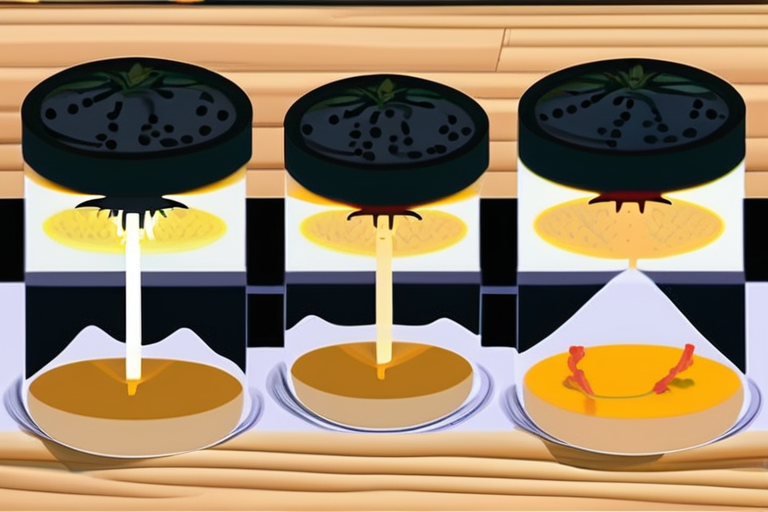
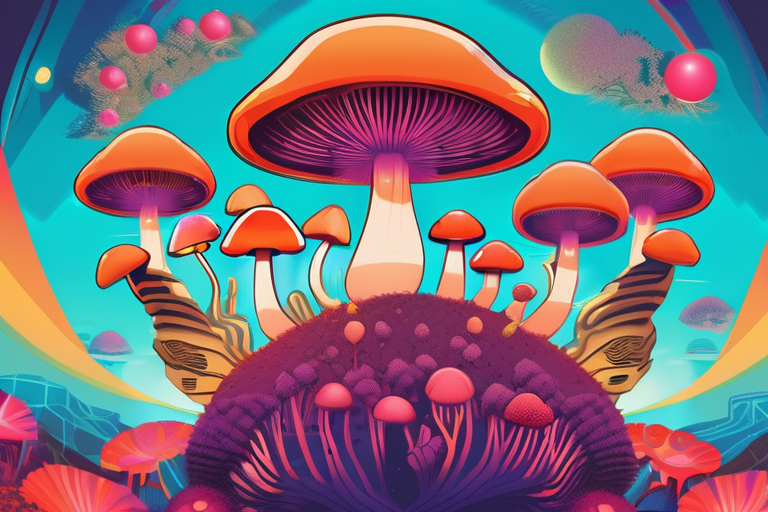
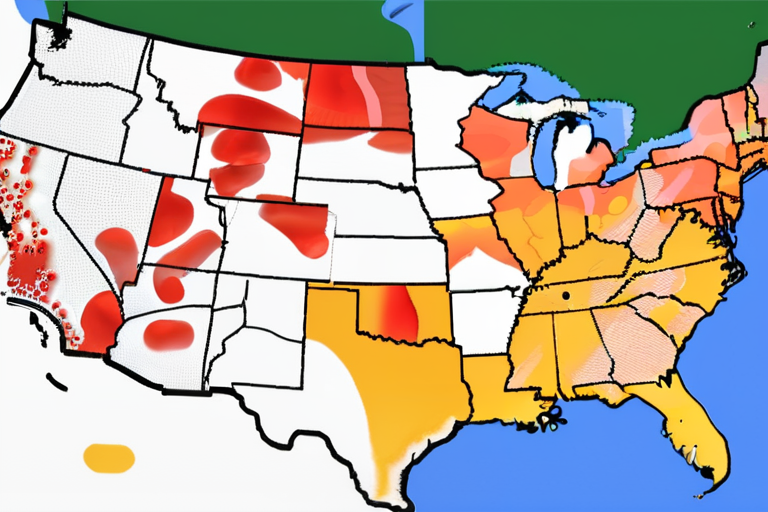
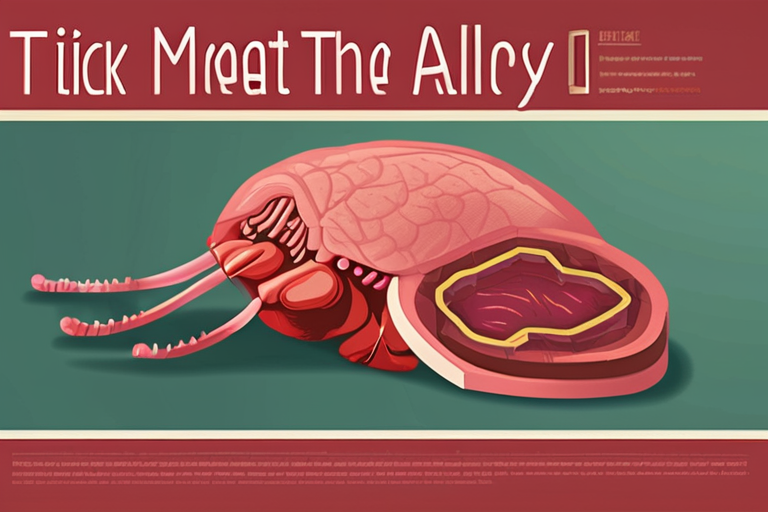
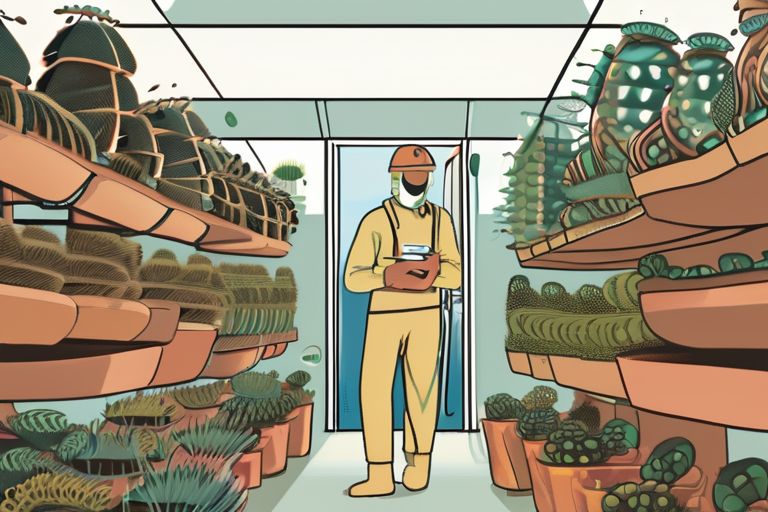



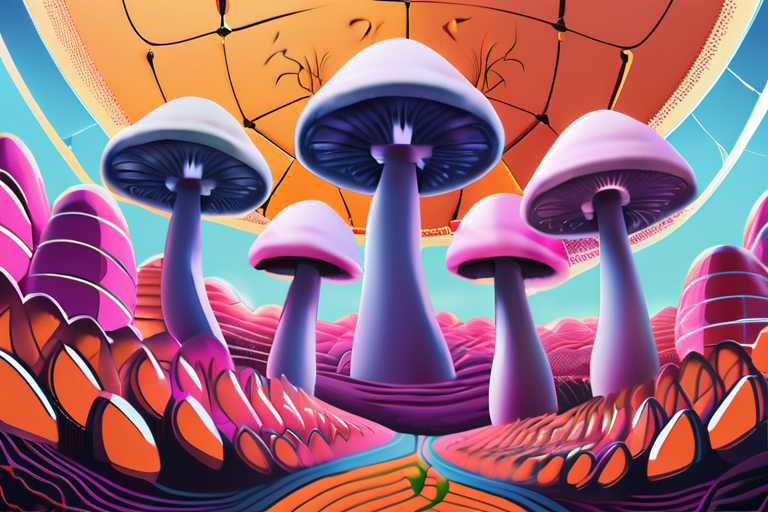

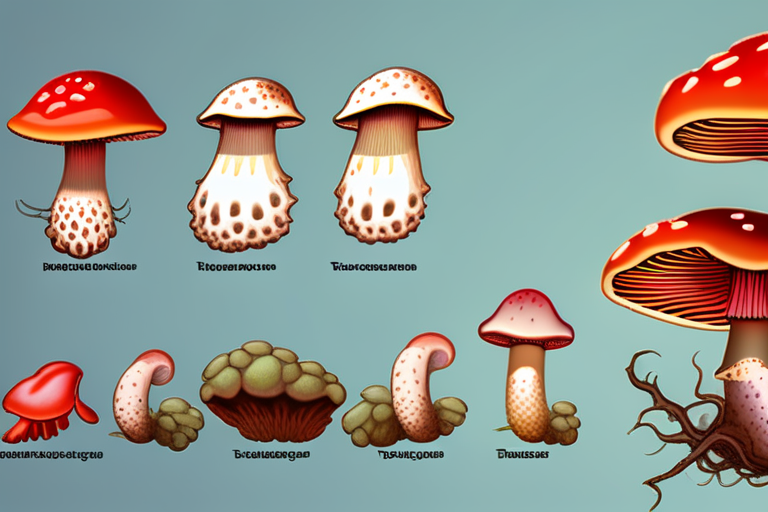
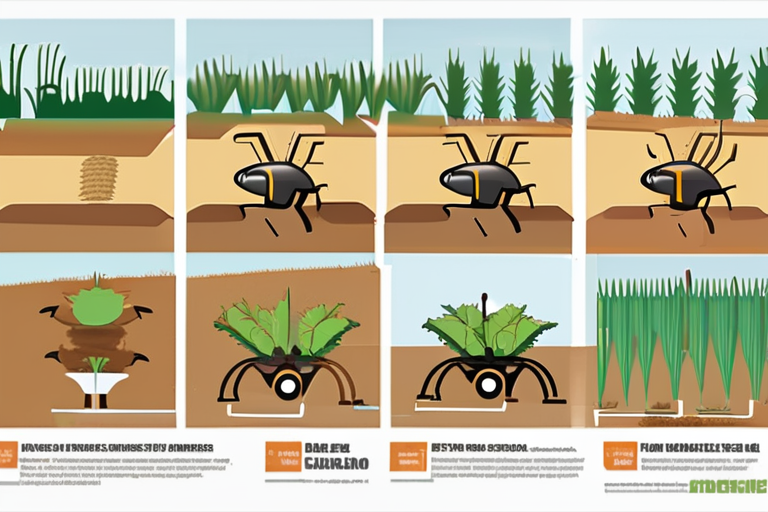
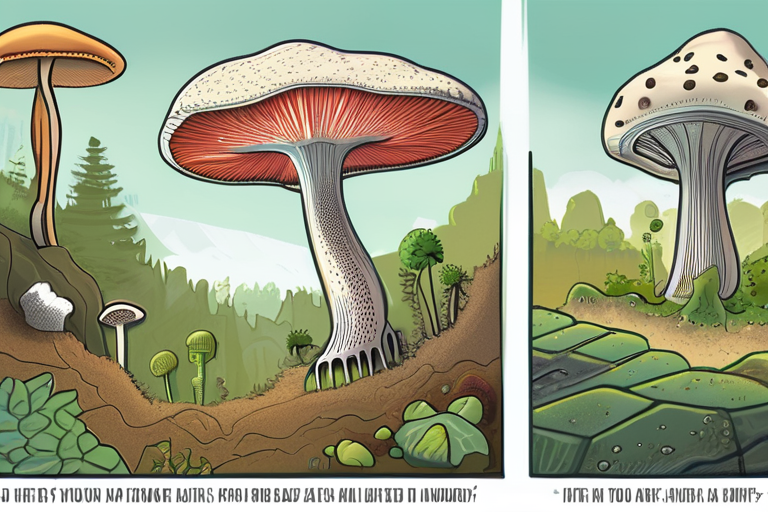
Share & Engage Share
Share this article